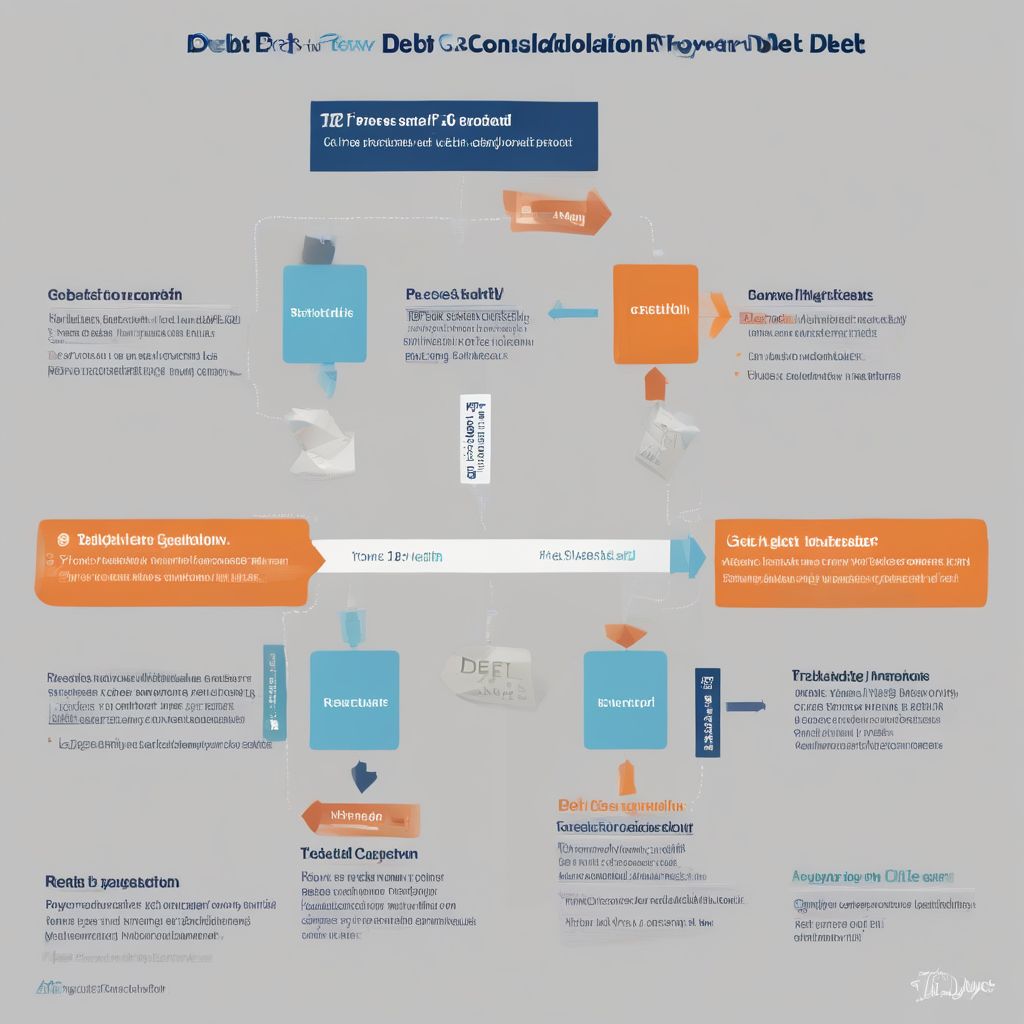Imagine this: you’re facing a mountain of unpaid taxes, and the IRS is knocking at your door. It’s a stressful situation, but don’t panic! The IRS offers several tax debt relief programs to help you navigate this challenging time. This article will guide you through understanding IRS tax debt relief, exploring various options, and helping you find the best solution for your financial situation.
Understanding IRS Tax Debt Relief
“Tax debt relief” refers to various programs offered by the IRS to help taxpayers resolve their outstanding tax liabilities. These programs are designed to provide financial relief and make it easier for taxpayers to get back on track with their tax obligations.
Why is Understanding Tax Debt Relief Important?
Understanding tax debt relief is crucial because:
- It can prevent severe consequences: Unpaid taxes can lead to wage garnishments, bank levies, and even asset seizures. Understanding your options can help you avoid these situations.
- It offers financial breathing room: Tax debt relief programs can reduce your overall tax liability, set up manageable payment plans, or even temporarily halt collection efforts, providing much-needed financial relief.
- It helps you regain control: Taking control of your tax situation can alleviate stress and allow you to focus on your financial well-being.
IRS Tax Debt Relief Options: Finding the Right Fit
The IRS offers several tax debt relief options, each with its eligibility requirements and benefits. Let’s delve deeper into some common programs:
1. Offer in Compromise (OIC)
An OIC allows certain taxpayers to settle their tax liability for a lower amount than what they originally owed. This option is usually granted in cases of significant financial hardship where paying the full amount is impossible.
2. Installment Agreement
An installment agreement allows taxpayers to make monthly tax payments over an extended period. This option can be beneficial for those who can’t afford to pay their entire tax liability at once.
3. Currently Not Collectible (CNC) Status
If you’re experiencing extreme financial hardship, the IRS might temporarily suspend collection efforts by placing your account in CNC status. This status doesn’t eliminate your tax liability but provides time to improve your financial situation.
4. Penalty Abatement
The IRS might consider removing or reducing penalties if you have a valid reason for not filing or paying your taxes on time. This option is usually granted for situations like natural disasters, serious illnesses, or other reasonable causes.
Frequently Asked Questions about IRS Tax Debt Relief
Here are answers to some common questions people have about IRS tax debt relief:
1. How do I know if I qualify for tax debt relief?
Each program has specific eligibility criteria based on factors like income, expenses, asset equity, and the type and amount of tax debt. The IRS offers online tools and resources to help you determine your eligibility.
2. What if I can’t afford to pay the amount offered in an installment agreement?
The IRS works with taxpayers to establish affordable payment plans. You can discuss your financial situation with them and explore options like a reduced monthly payment amount or a longer payment term.
3. How long does it take to get approved for an Offer in Compromise?
The OIC process can be lengthy, often taking several months or even a year. It involves a thorough review of your financial situation and supporting documentation.
Seeking Professional Assistance
Navigating the complexities of IRS tax debt relief can be daunting. Seeking help from a qualified tax professional, such as an Enrolled Agent (EA), Certified Public Accountant (CPA), or tax attorney, can be invaluable. These professionals can:
- Assess your financial situation: They can analyze your income, expenses, assets, and liabilities to determine the best course of action.
- Negotiate with the IRS: Tax professionals are experienced in communicating and negotiating with the IRS on your behalf.
- Guide you through the process: They can handle the paperwork, deadlines, and communication, ensuring you meet all requirements and deadlines.
Take Control of Your Tax Debt
Facing tax debt can be overwhelming, but remember, you have options. Understanding IRS tax debt relief programs and seeking professional assistance when needed can help you regain control of your finances and work towards a brighter financial future.
Disclaimer: This information is for general knowledge and shouldn’t be considered professional tax advice. It’s crucial to consult with a qualified tax professional for personalized guidance based on your specific circumstances.

